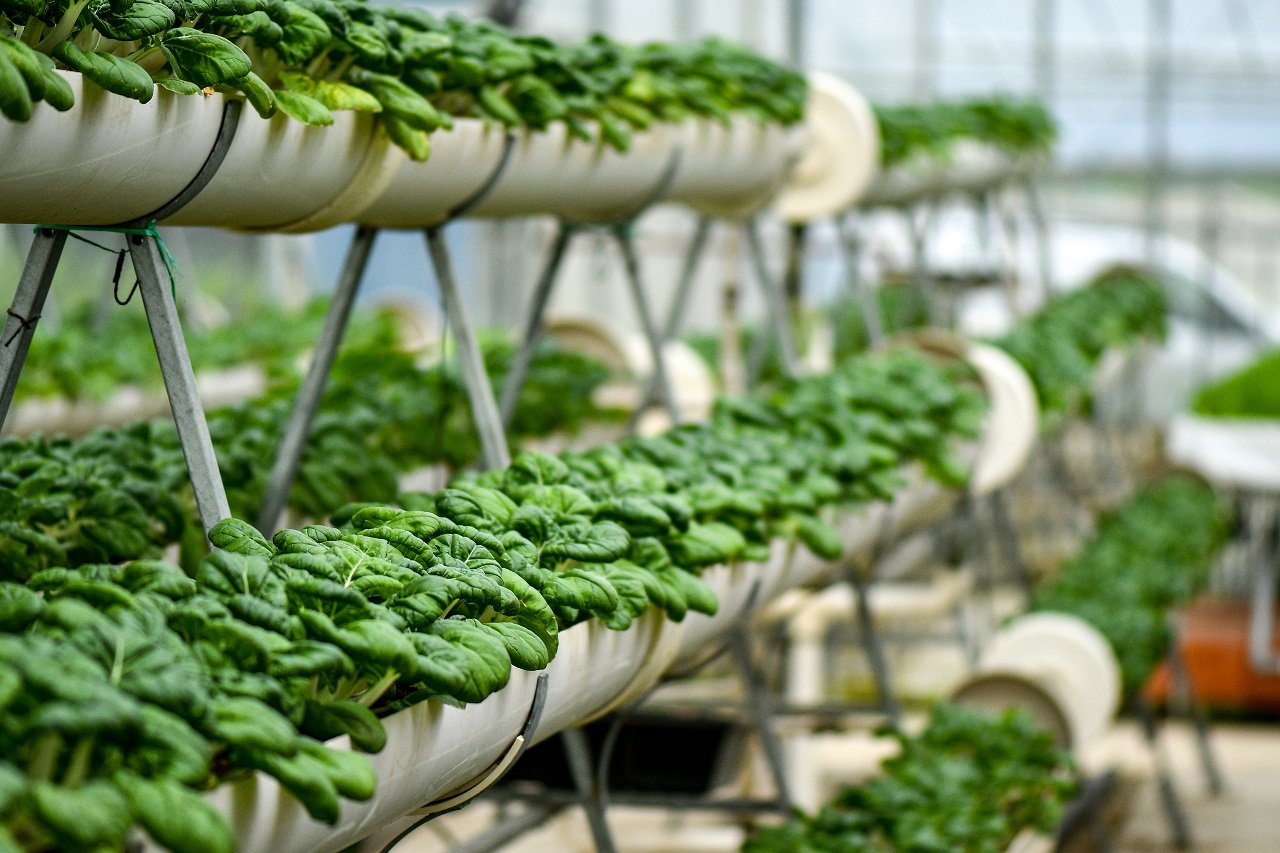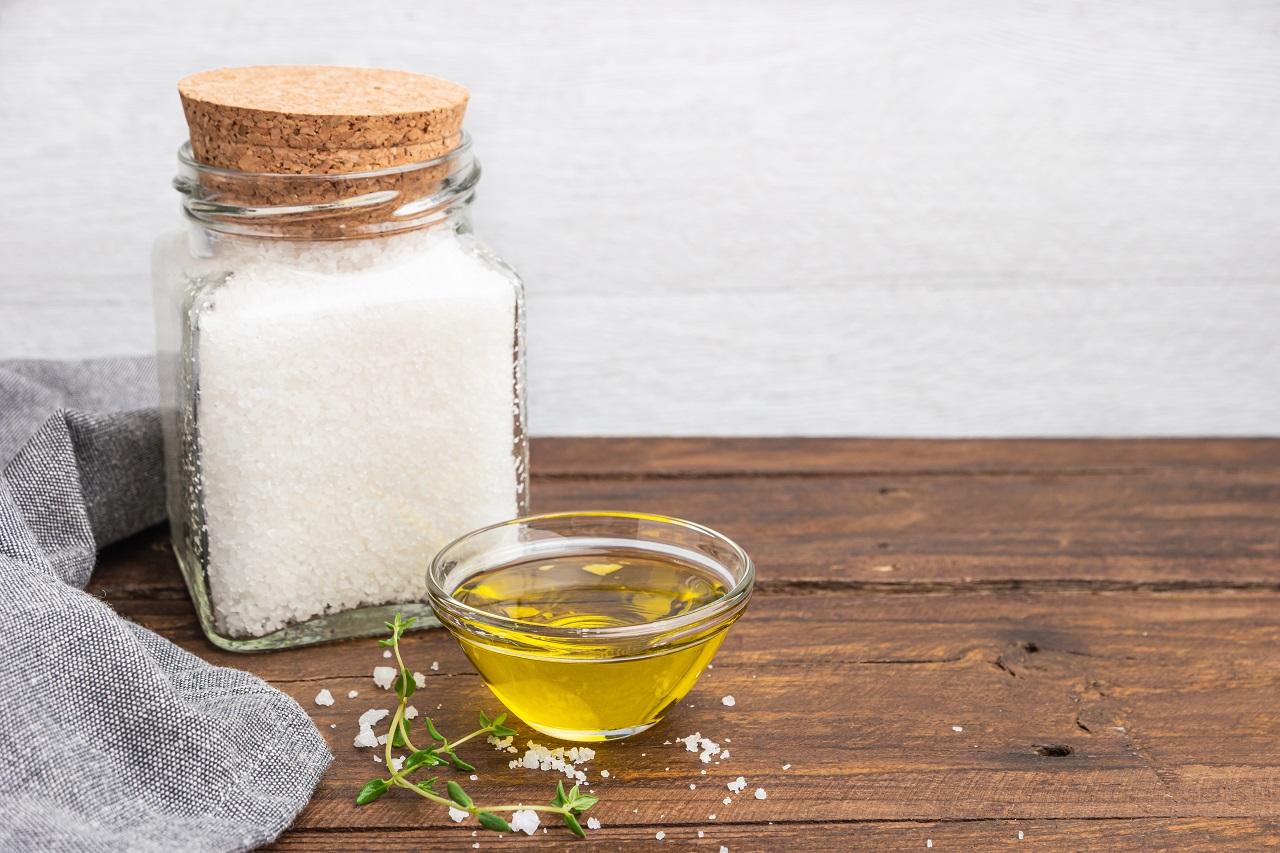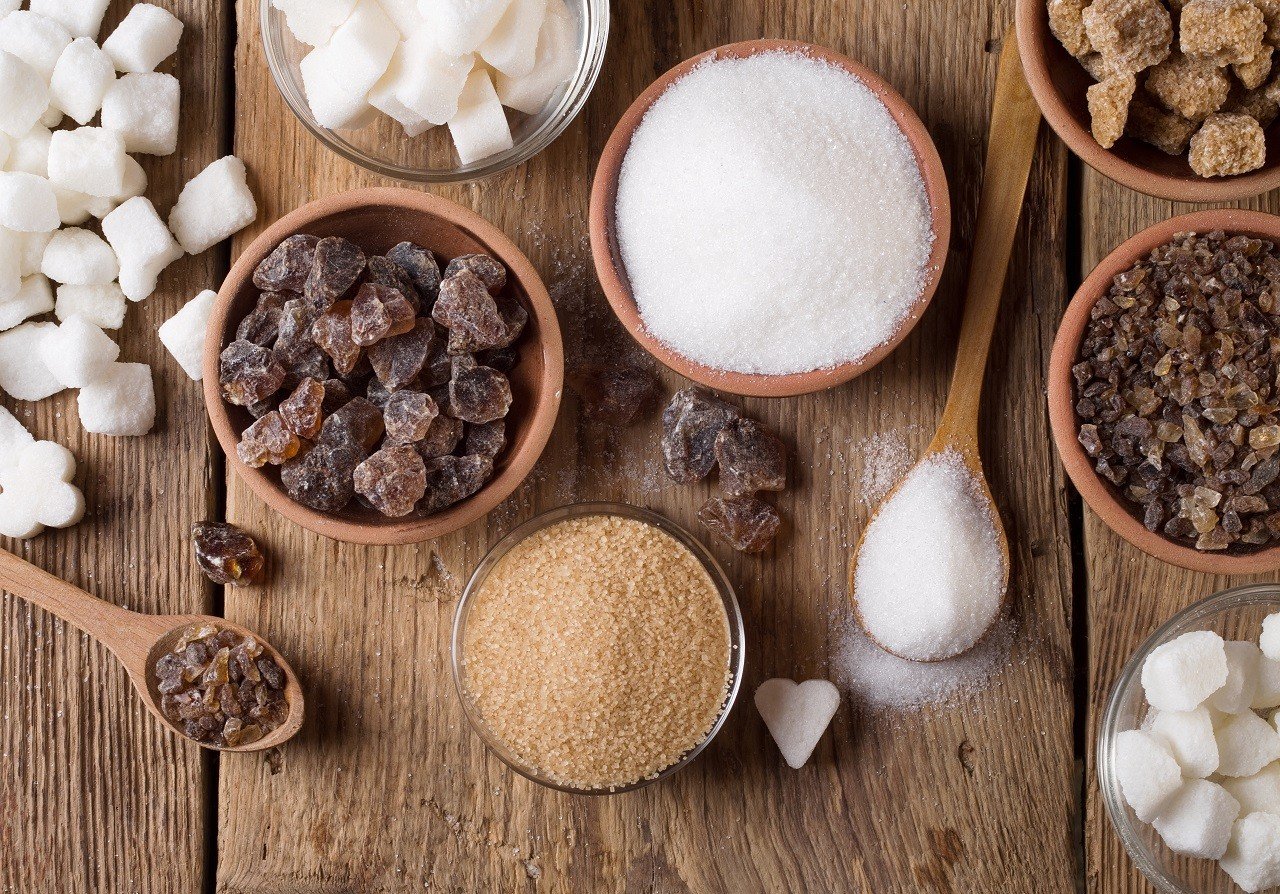Fi Webinar Series
The Fi Webinar Series covers key food and beverage market topics, offering attendees the opportunity to get up to speed on marketing strategies, ingredient sourcing, and product development.
Our editorial webinars feature live discussions and Q&A with industry experts. The sessions will cover case studies, market reports, consumer insights, regulatory updates, sourcing tips, technology breakthroughs, and relevant startups.
FI Webinar series in Numbers
UPCOMING WEBINARS
Innovations In Sugar Reduction And Sweeteners
28 May 2024
The drive to find healthier replacements and alternatives for sugar in soft drinks, confectionery, bakery, and other categories that still satisfy the consumer appetite has been a priority for product developers for some time. Sugar is the number one dietary evil for most global consumers, with over three quarters (76%) considering sugar as the primary cause of obesity, recent FMCG Gurus research shows.

Building sustainable brands
25 June 2024

Dairy and dairy alternatives
3 September 2024

Salt and fat reduction
1 October 2024










